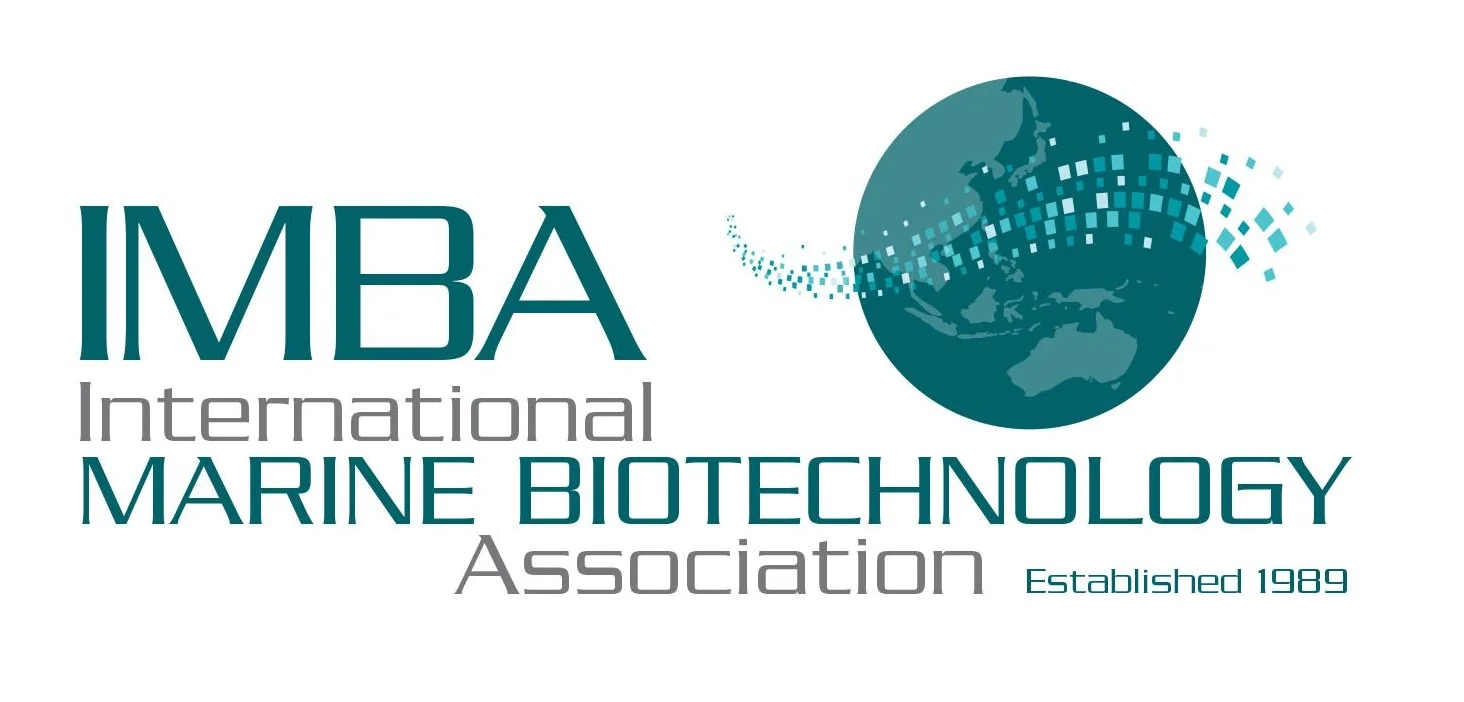IMBC 2016 Plenary Speakers
Dr. Rita Colwell
Dr. Rita Colwell is Distinguished University Professor both at the University of Maryland at College Park and at Johns Hopkins University Bloomberg School of Public Health, Senior Advisor and Chairman Emeritus, Canon US Life Sciences, Inc., and Global Science Officer and Chairman of CosmosID, Inc. Her interests are focused on global infectious diseases, water, and health, and she is currently developing an international network to address emerging infectious diseases and water issues, including safe drinking water for both the developed and developing world, in collaboration with Safe Water Network, headquartered in New York City.
Dr. Bernard Degnan
Dr. Bernie Degnan is an Australian Laureate Fellow and Professor in the School of Biological Sciences at The University of Queensland in Brisbane, Australia. He is interested in the genomic, cellular and developmental mechanisms that underpin the formation and evolution of animals.
Dr. Paul Falkowski
Dr. Paul G. Falkowski is Bennet Smith Professor in Business and Natural Resources, Distinguished Professor Department of Earth and Planetary Sciences, and Director of Rutgers Energy Institute at Rutgers The State University of New Jersey. Dr. Falkowski's scientific interests include evolution of the Earth systems, paleoecology, photosynthesis, biophysics, biogeochemical cycles, and symbiosis.
Dr. Hu Qiang
Dr. Hu Qiang is Professor at the Institute of Hydrobiology, Chinese Academy of Science. His research direction focuses on algae biology and biotechnology. His research will address the algae photosynthesis, physiology and biochemistry, cell and molecular biology, bio-optical system design of the reactor, large-scale cultivation of microalgae, microalgae bioenergy and biochemicals research and development of high value-added, and the use of treated wastewater and microalgae with high industrial emissions of carbon dioxide and the like.
Dr. Tadashi Maruyama
Dr. Tadashi Maruyama is Deputy Director of Research and Development at the Center for Marine Biosciences, Japan Agency for Marine-Earth Science and Technology. His research focuses on symbiotic interaction and evolution of Chemosynthetic symbiosis between deep-sea bivalves and symbiotic bacteria, ecology of deep-sea invertebrates, on kleptoplasty in a sea-slug, on monitoring of disease in marine mammals including whales etc. Development of deep-sea plankton analyzing equipment.
Dr. Werner Müller
Dr. Werner Müller is Professor at the Institute for Physiological Chemistry at University Medical Center of the Johannes Gutenberg University Mainz, as well as President of the International Marine Biotechnology Association (IMBA). His research focuses on deep metazoan phylogeny in order to "reconstruct" and define the genetic repertoire of the Urmetazoa (ancestry of Metazoa), template-directed biomineralization processes, in particular biosilicification in marine and freshwater demosponges and, more recently, formation of the mineral skeletons of deep-sea glass sponges, but also other mineralization processes, and development of novel applications of the enzymes/proteins involved in natural polymer formation in biotechnology and biomedicine.
Dr. Yonathan Zohar
Dr. Yonathan Zohar is Professor at the Institute of Marine and Environmental Technology, and Chair of the Department of Marine Biotechnology at the University of Maryland Baltimore County. The primary focus of his research is on basic and applied aspects of fish reproductive physiology and endocrinology. A major obstacle for the development and intensification of the finfish aquaculture industry is the failure of farmed fish to reproduce predictably when raised in captivity. He therefore uses endocrine, biochemical and molecular approaches to study interactions along the brain-pituitary-gonadal axis leading to reproductive development, gamete maturation, ovulation and spawning. His research models include commercially important farmed fish, such as striped bass and seabream, and the zebrafish. From his basic research, he develops technologies for the exogenous manipulation of fish reproduction, to be used in the aquaculture industry.







